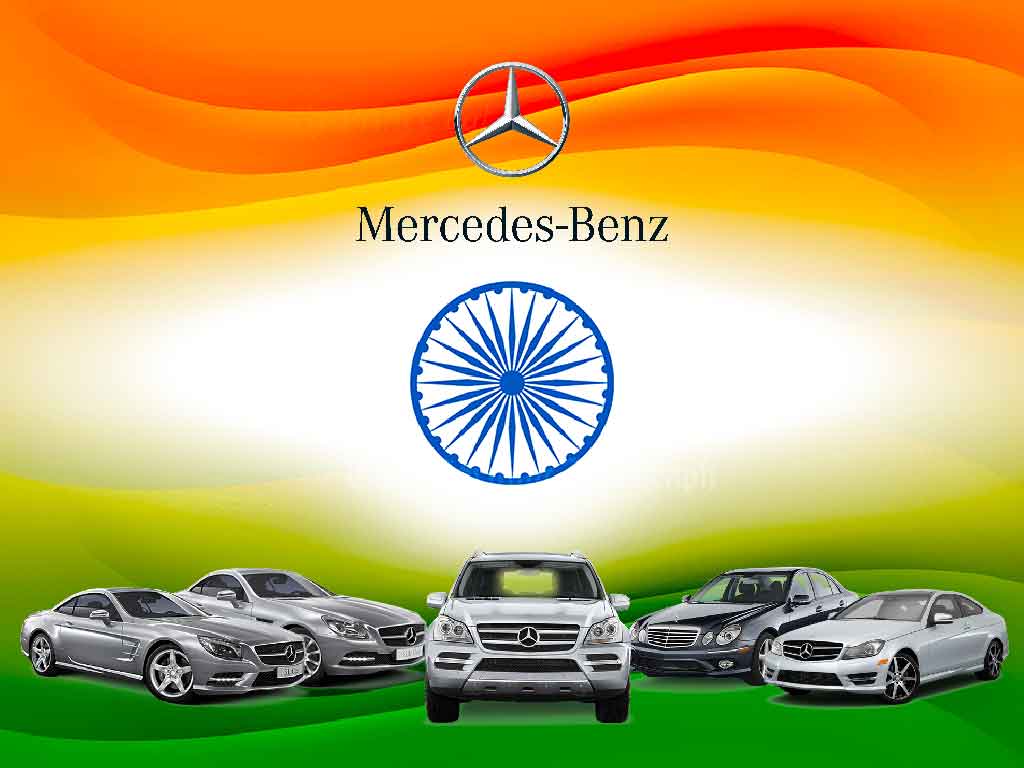
In India, once dominated by local car brands, the luxury automobile market has witnessed a dramatic transformation. Mercedes-Benz, a symbol of luxury in Germany, now thrives in India, with record-breaking sales in 2024. The company sold 19,500 cars in India last year, marking a 12% increase from 2023. Encouraged by this growth, Mercedes-Benz plans to expand its presence by opening 20 new dealerships by 2025, in addition to the 125 already established in cities like New Delhi and Mumbai.
The expansion will target emerging markets beyond major metropolitan areas, with Kanpur in central India and Patna in the east chosen for their high demand for luxury vehicles despite smaller populations. The trend highlights the increasing appetite for premium brands among India’s growing upper-middle class.
India’s rapid economic growth has fostered a new generation of affluent consumers. Unlike the older generation, who valued frugality and savings, the new middle class—many of whom travel abroad and inherit family businesses—embraces luxury lifestyles. This cultural shift is fueling demand for high-end goods, including luxury cars.
While India’s luxury car market constitutes just 1% of the 4 million cars sold annually, its growth rate surpasses that of many other regions. BMW, another major player, sold approximately 16,000 cars in India last year, reflecting the rising competition in this segment.
Despite the strong performance in India, Mercedes-Benz faced global challenges in 2024, with worldwide sales declining by 3% compared to 2023, amounting to 1.983 million cars. The most significant drop was in China, where sales plummeted by 70%, while European sales dipped by 3%. Additionally, Mercedes-Benz saw a 23% decrease in electric vehicle sales, delivering 185,100 units globally.
India’s rapid growth offers a bright spot for Mercedes-Benz, signaling the rise of a promising market for luxury automobiles in the region.




